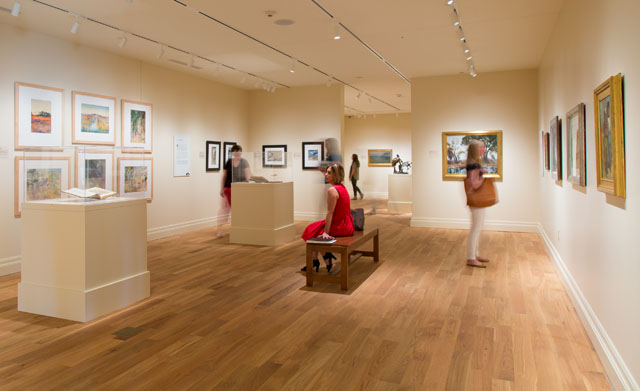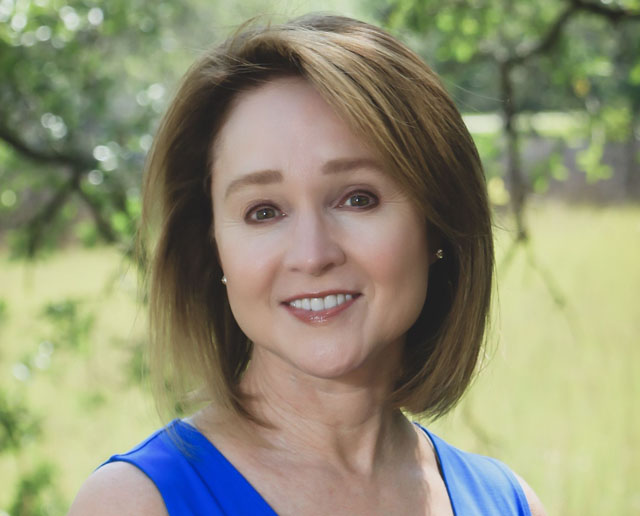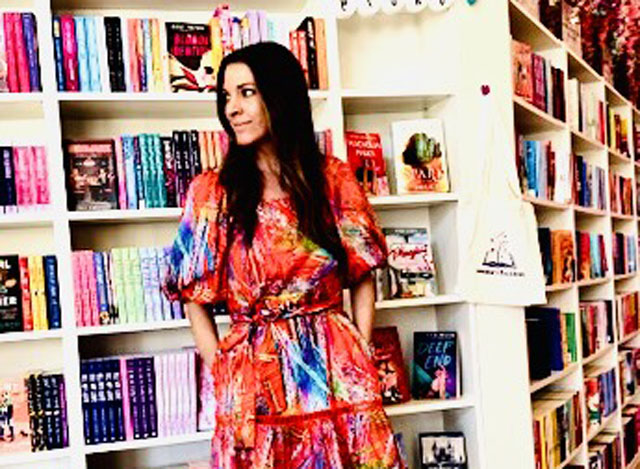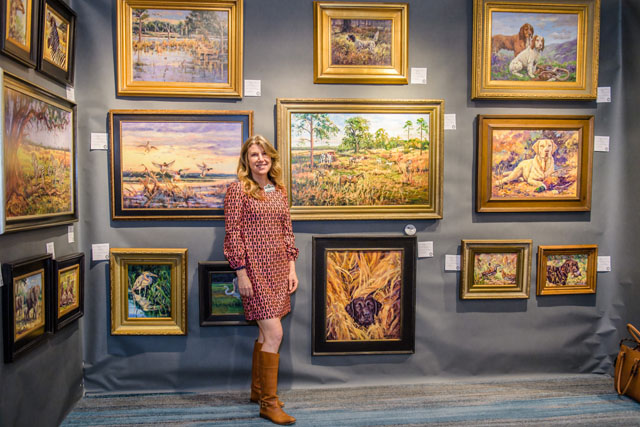A Home for Mothers, Widows, and Daughters of the Confederate Soldiers
07 May 2024
The many lives of Confederate Home and College at 62 Broad Street
By Tim Lowry
Photos by Jenny Peterson
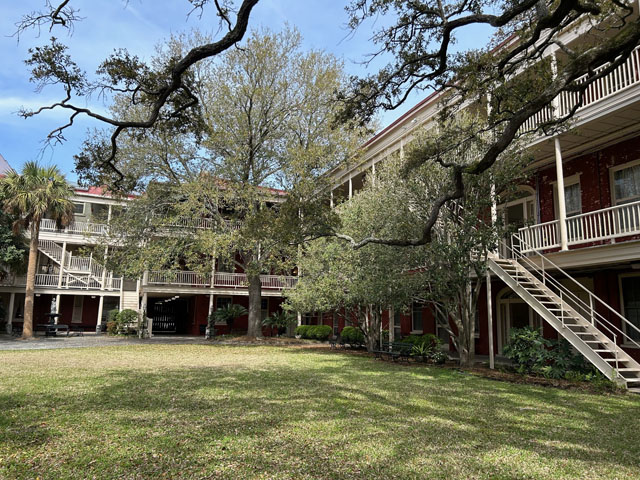
On March 4, 1865, President Abraham Lincoln delivered his second inaugural address. Similar to his remarks at the dedication of the federal cemetery at Gettysburg, his speech would be brief, but nonetheless profound. He concluded his address by expressing his great desire for the nation’s healing after the terrible Civil War. He hoped “to bind up the nation’s wounds, to care for him who shall have borne the battle and for his widow and orphan.”
Just a few weeks later when the war came to an end, it was overwhelmingly clear that the great task of rebuilding the American South would require plenty of determination and willing sacrifice. During the war years, the City of Charleston had suffered bombardment from Union cannon fire during a siege that had lasted 567 days. If the city, in a state of nearly complete ruin, was to care for its own widows and orphans, the first challenge would be finding suitable shelter for those who had been left destitute by the war.
It was in this historic moment that Amarinthia Yates Snowden, along with her sister Isabell Y. Snowden, founded a charitable organization that continues to the present day. Amarinthia had devoted herself to the Confederate cause with fundraising efforts that contributed hundreds of thousands of dollars to the southern war effort and by serving in a Soldier’s Relief Association that was praised by Generals Beauregard and Lee.
However, even though she had been an ardent supporter of the Confederacy, her most lasting legacy would be much more akin to Union President Abraham Lincoln’s vision of healing.
Almost miraculously, the large building at what is now 62 Broad Street had survived the war. From the beginning, the property had always been a place of rest and hospitality. During the formative years of the new state of South Carolina, the property had been a tenement where Lt. Governor William Bull had rooms before the great fire of 1796. The burned-out lot was eventually acquired by Gilbert Chalmers who erected a handsome double tenement with a covered passageway running through the property to what is now Chalmers Street. He bequeathed the property to his daughter, the wife of Governor John Geddes. Geddes entertained President James Monroe at the property during his state visit in 1819. He built commercial shops at the Chalmers Street end of the passageway. It is said, although tax and sales records refute the claim, that due to his lavish entertaining, the governor was forced to sell the property to retire debt.
In the mid 1830s, Angus Stewart purchased the property and established the Carolina Hotel on its west side, linking the Broad Street building to the Chalmers Street shops. He soon sold it to Archibald McKenzie who added a second story above the shops. Its two large rooms became the courtroom for the U.S. District Court and chambers for the presiding judge. Neither the court system nor the hotel operations survived the war.
In 1867, a group of nine determined women and a Huguenot minister began meeting in the Church Street home of Amarinthia and Isabella Snowden with the goal of establishing “A Home for Mothers, Widows, and Daughters of the Confederate Soldiers.” The ten organizers had only one dollar in funds, contributed by a Baltimore widow. With the bankrupt McKenzie estate in foreclosure, the Snowden sisters mortgaged their home in order to purchase 62 Broad Street.
From this humble background grew an institution that has served hundreds of women for more than 150 years. The goals of the organization, now known as the Confederate Home and College, have changed through the years, but the building and courtyard garden, nearly hidden from passersby, have always provided a respite for women in need.
The “Mothers, Widows, and Daughters” who stayed at the home paid little or nothing for their care. The founders scrambled to raise funds from across the country. When it was found that city schools could not provide an adequate education for the girls living at the Home, a school, staffed by College of Charleston teachers, was soon established. By April 1868, the Home had 50 pupils. It continued until 1923, when the College of Charleston began accepting women.
In 1886, Charleston suffered a devastating earthquake that badly damaged the Confederate Home. People from many states donated funds to have the building restored so that the work of supporting and educating women could continue. The building was remodeled in the Second Empire Style by New York architect E.R. Rutledge and bears a plaque stating that the Confederate Home had been “restored by the people of the Union.” Some historians see this notation in stone as evidence of the beginnings of a restored goodwill between the North and the South. By that date, the Confederate Home had cared for 211 impoverished widows and educated more than 2,000 girls.
The Confederate Home dormitories and classrooms were converted into apartments and continue to serve as home for qualified senior citizens who rent living space at nominal prices today.
As property values rise in the historic district, affordable housing for retirees on a limited, fixed income is a vital mission. The Confederate Home Board also continues to support education by providing scholarships to qualified young people attending local colleges. Supporting the work of the Confederate Home, artists and writers rent studio space at the property. Their comings and goings and creative work make for a colorful and vibrant atmosphere.
Additionally, the property now incorporates the historic former U.S. District Court room and chambers of Judge Andrew Gordon Magrath and a double drawing room reminiscent of the glory days of the Governor John Geddes era.
These beautifully restored rooms, along with the professionally landscaped courtyard, can be rented for weddings, meetings, and special events.
62 Broad Street with its history of hospitality, its legacy as a home for those in need, and its continued mission of education and culture is part of the fulfillment of President Abraham Lincoln’s great desire for communities to be made whole and healthy through the efforts of people from across the country.
Keep up with the home on Instagram @62BroadStreet
Storyteller Tim Lowry is a Southern raconteur from Summerville. Learn more at www.storytellertimlowry.com.

